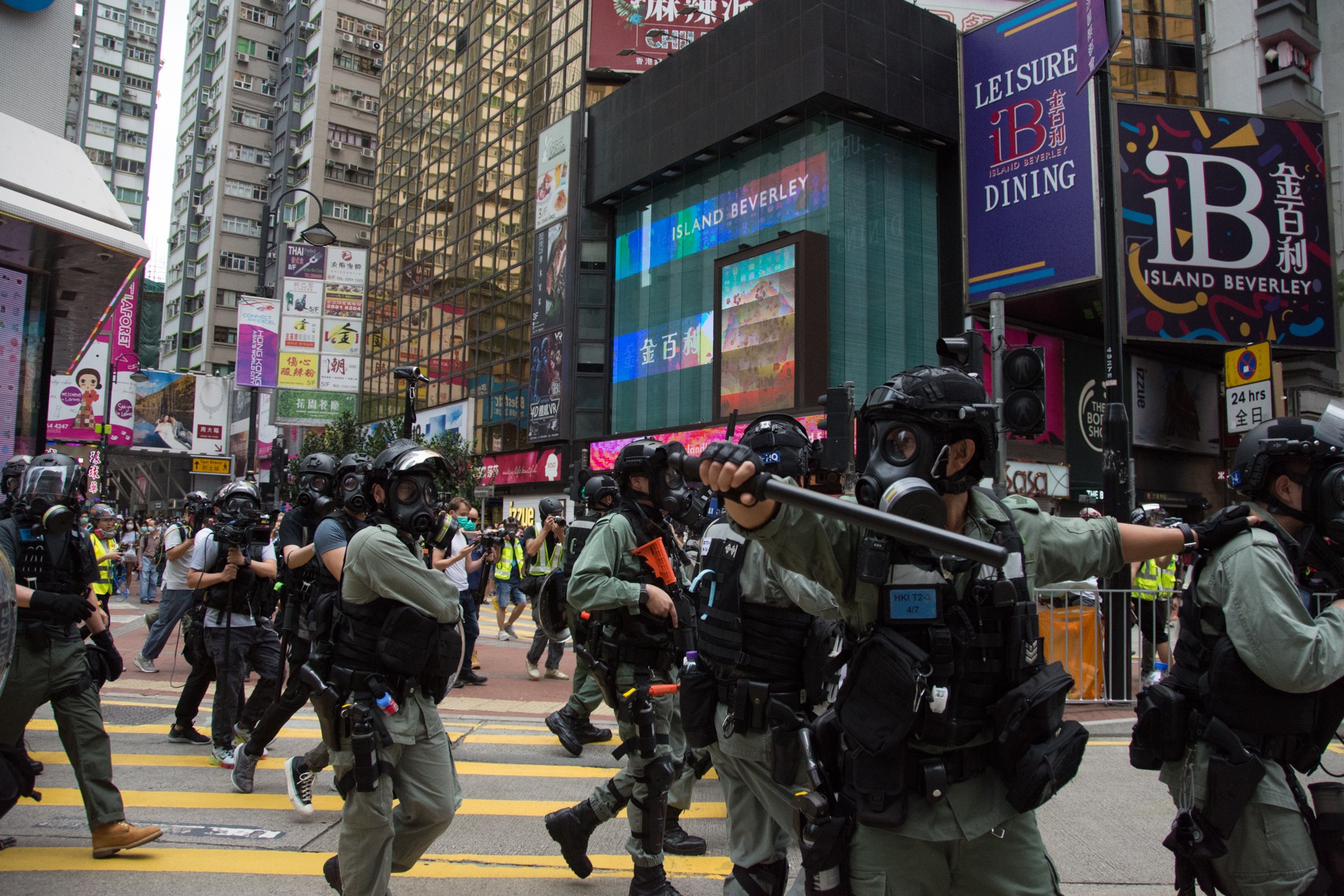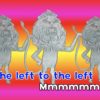Imagine the worst blights of neoliberalist development in the West. Unaffordable rents. Extreme wealth disparity. Privatization of public space. Over 20% of the population is living in complete poverty. In this environment where everything is unaffordable, the minimum wage is $4.84 USD per hour yet the average rent is over $2,000 USD a month. Working class people live in literal cages, stacked on top of each other, often with over a dozen adults forced to share a single bathroom. This is the backdrop that the Hong Kong movement exists against.
The Hong Kong government relies heavily on revenue generated from land sales, and it continues the monopoly of the local economy by real estate developers in order to keep land prices artificially high. Many Hong Kongers are forced to couch surf, while others just spend the night at McDonalds, roughing it in parks, or just walk around waiting for daylight.
Hong Kong has almost no labor protection. You can join a union, but there is no specific protection against reprisal, so your employer can fire you at will. There is no statutory protection on working hours—your employer can make you work 90 hours a week if they wanted without paying a single cent for overtime work. For ordinary people, Hong Kong is similar in nature to the neoliberalist hell that many working class people in Western countries experience—if perhaps more on the extreme side of the spectrum.
But Hong Kong is not just a neoliberal hellscape. It has also become the target of Beijing’s authoritarian-capitalist measures. Under the city’s constitution, neither the Chief Executive nor the majority of the legislature can be voted in by the people. Instead, the majority of the voting base is rigged so that it is controlled by corporate interests. Hong Kong’s Legislative Council is controlled by a mechanism called functional constituencies that allow special interests to dominate politics. This allows powerful corporations to directly vote on their own lawmakers. (Imagine if instead of lobbying politicians—a problematic practice itself—large financial institutions like Goldman Sachs, JP Morgan, and Charles Schwab directly vote for our politicians as corporate entities.)
To make matters worse, Hong Kong’s corporate interests have formed a political bloc in voting with pro-Beijing/pro-police interests. This means that the police protect state-capitalist interests because they are directly voted in to do just that. This leaves the vast majority of the working class public with negligible political power. On top of this, Hong Kong’s militarized police force and government, supported by Beijing, actively crushes all public demonstrations of dissent – having fired over 16,000 canisters of tear gas, exposing 88% of the city’s population to the effects of this chemical weapon. Since the protest movement began last year, they have also arrested over 9,000 protesters, the youngest only 12 years old. Now with enactment of the national security law, effectively any sort of political dissent (including posting dissenting views on social media, shouting slogans, or even talking to foreign governments) can potentially result in a life sentence.
Just this week, the Hong Kong government has not only harassed opposition lawmakers, but disqualified any politicians from running in the elections if their conduct indicates that they may block laws or oppose government budgets—among the normal duties of any opposition lawmaker in a functioning legislature. Just yesterday, Chief Executive Carrie Lam announced that the legislative elections will be delayed for a year, citing concerns of Covid-19.
In essence, Hong Kong has become the worst of both authoritarian and capitalist worlds. Hongkongers have not only been crushed by dehumanizing labor exploitation and severe inequality as a result of the last few decades of neoliberal policies, they are also being oppressed by militarized law enforcement, surveillance, and an increasingly unaccountable carceral system. This is what the Hong Kong movement is up against.
Are there problematic aspects of the Hong Kong movement? Absolutely. Some have intentionally pushed the US into retaliatory measures against China provoking a dangerous Cold War dynamic, while others have unjustly pinned the blame of Hong Kong’s deterioration on mainland Chinese immigrants. But regardless of people’s politics, pretty much everyone has united against the authoritarian police, the lack of civil rights, and the violent denial of democracy. Unsurprisingly, it’s a broad tent.
However, neither Hong Kong leftists or the international leftists need to accept all parts of the movement. In fact, the Hong Kong left has actively critiqued the right-wing elements of the movement, standing against mainland Chinese xenophobia, US-imperialism, Hong Kong property tycoons, and the oppression of migrant domestic workers. As they uplift, amplify, and materially support the parts of Hong Kong society which they do agree with, the global left must stand behind them—to connect them with other movements that have faced similar problems, to facilitate bridges between the Hong Kong and mainland Chinese diaspora, and to withhold from writing off the Hong Kong movement as just another pawn in the broader US-China struggle. The stakes are too high for an analysis that unites us to be left wanting.




